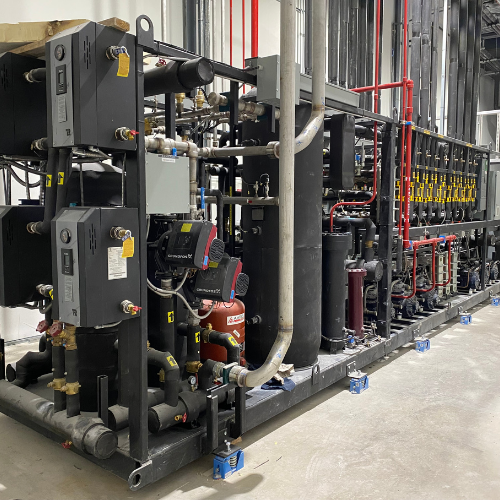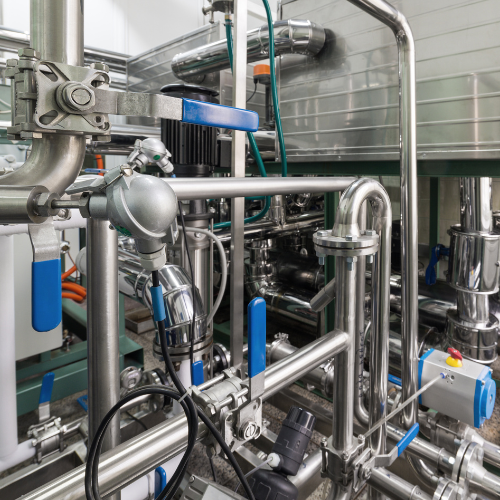The race is on to find a vaccine to COVID-19, with countries all around the world working furiously to find the solution. As experimental shots reach late stage trials, other difficulties are coming to light – such as cold storage challenges.
The race is on to find a vaccine to COVID-19, with countries all around the world working furiously to find the solution. As several experimental shots reach late-stage trials, other difficulties are coming to light – such as cold storage challenges.
Vaccines are highly perishable and need to be both stored and distributed at very cold, fixed temperatures. According to the CDC, the influenza A vaccine (more commonly known as the flu shot) is stored between 35 and 46 degrees Fahrenheit. Now, compare this to some of the COVID-19 shots in late stages of testing, such as Pfizer’s vaccine. These need to be stored at temperatures potentially as cold as minus 94 Fahrenheit! Most of the current vaccines being developed are mRNA-based shots, and these spoil easily if not kept at a very specific temperature.
Losses from vaccines exposed to temperatures outside the recommended range are no small matter; in fact, they cost roughly US$34.1 billion annually, mostly comprised of lost product cost. This would an immense deterrent when it comes to distributing a COVID-19 vaccine, as these losses would most likely slow distribution and extend the global shutdowns that are affecting all of us today.
Cold Supply Chains
This is where the vaccine cold supply chain comes in. This would keep vaccines in tightly controlled temperatures from the moment they are made until they are administered.
Experts estimate between 12 billion and 15 billion COVID-19 vaccines will be needed globally.
The vaccine cold chain consists of three major components: planes, trucks and cold storage warehouses. How they are connected and operated depends on the vaccine production location and points of demand.
Given the time sensitivity of the coronavirus, once a vaccine is produced, it likely will be transported by truck to the nearest suitable airport, then shipped via air transport across the country or world. They would then be taken via truck to appropriate warehouse storage facilities for transportation to distribution facilities. Some of the vaccines may be directly shipped from the warehouses to health care facilities where the vaccinations will take place.
According to the International Air Transport Association, providing a single dose to 7.8 billion people would fill 8,000 Boeing 747 cargo aircrafts. The temperature requirements mean that not all planes are suitable, and it’s crucial to keep in mind that any vaccine may require several doses.
On a wider scale, this means the vaccination effort, much like the pandemic itself, is going to be unprecedented and accordingly, the vaccine cold chain needs to be modified and expanded.
Solutions
Specialized equipment is necessary to reach the required temperatures for vaccine storage. Hospitals are considering buying special freezers, and companies such as UPS are investing in storage facilities for cold chain management, known as “freezer farms”.
Freezer farms consist of nearly two-meter-tall freezers set at minus 112 Fahrenheit and can hold millions of doses of frozen COVID-19 vaccines to quickly distribute them globally.
There are other underlying challenges that will surface overtime, such as how to distribute the vaccine fairly around the globe, particularly between higher and lower-income countries. However, every vaccine could potentially save a life – so it’s best that we start preparing our cold chain immediately.
Related Posts

CIMCO Expands Large-Scale Heat Pump Offerings Through Everllence Partnership

DesLaurier Cold Storage

Comparison of Key Refrigeration System Components: Making the Right Choice for Your Operation
|
|



